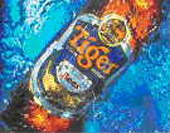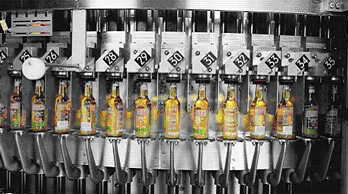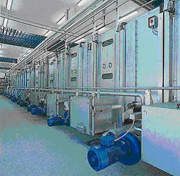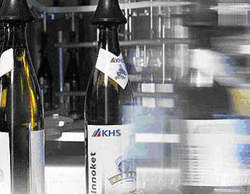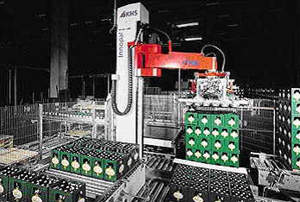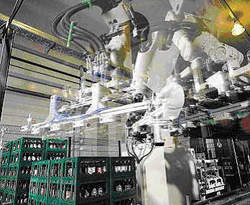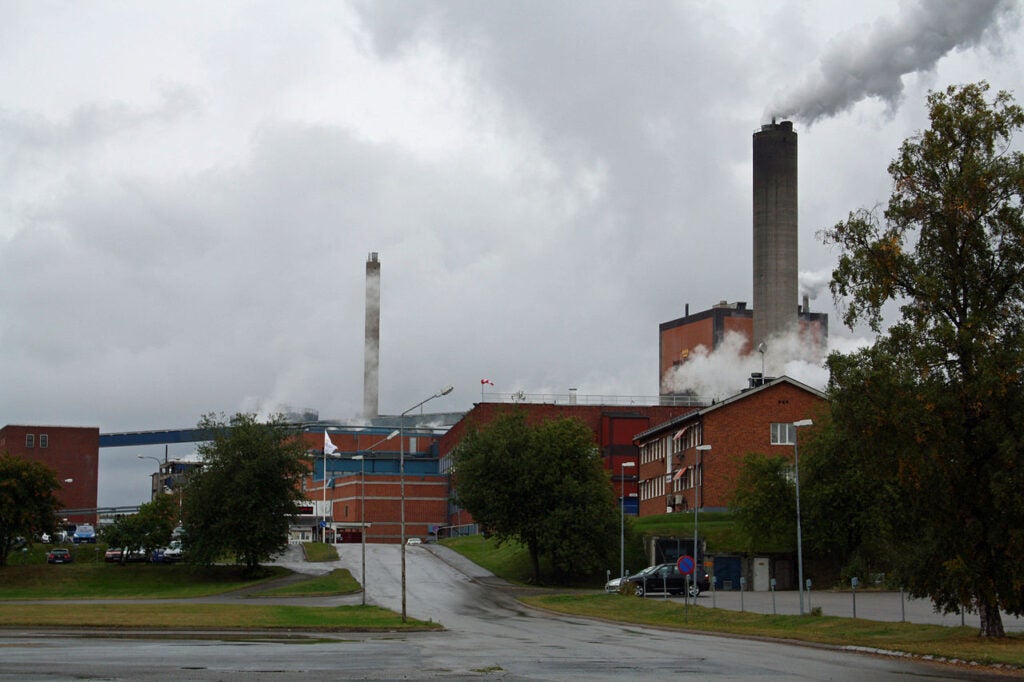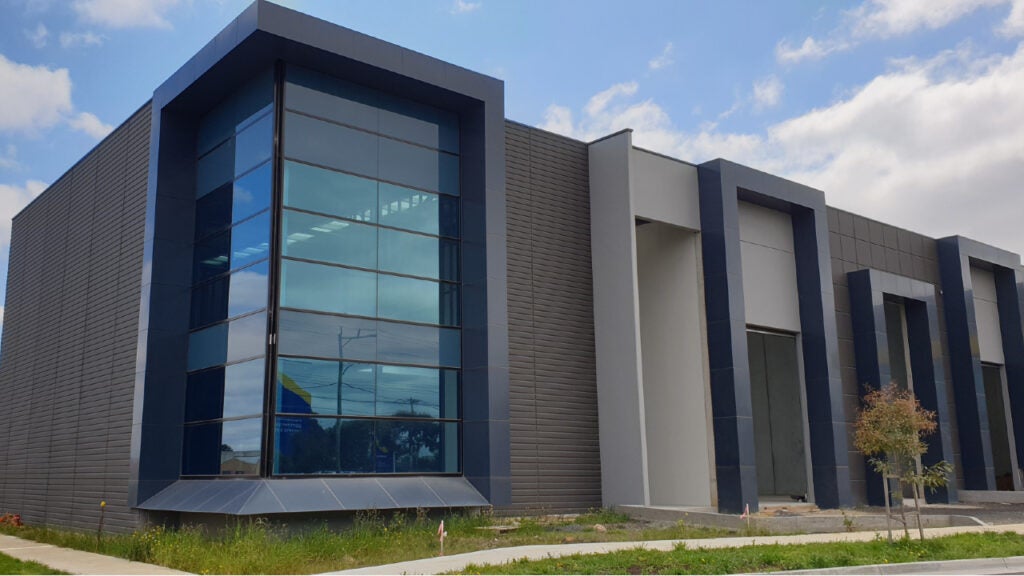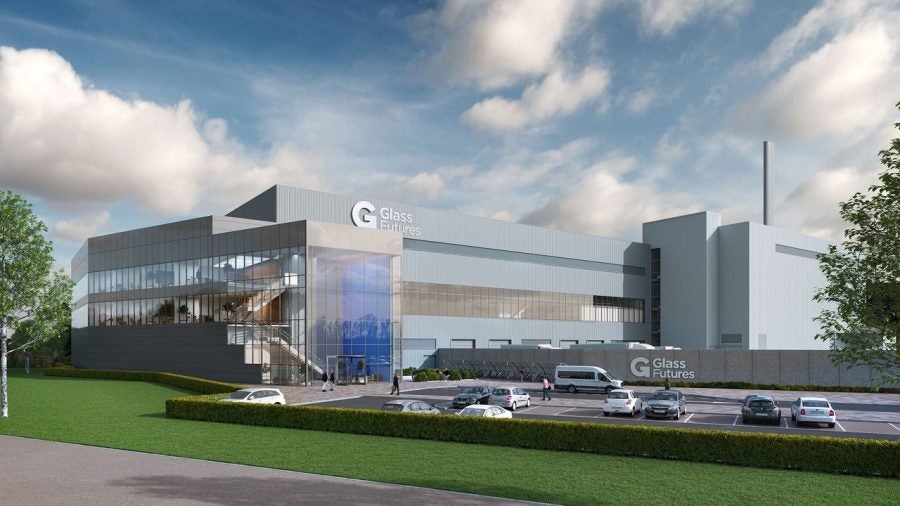Asia Pacific Breweries (APBS), one of the largest breweries in South East Asia, experienced an increase in demand for their products. The company, with over 40 brands of beer in its range, including Tiger Beer, Heineken and Guinness, decided to invest $24.3m to upgrade their production facility in Singapore to meet the demand. APBS replaced two 15-year-old beer bottling lines in their facility with modern, high-technology lines from KHS.
The new facility was designed to boost operational efficiency while allowing for the creation of complex products and packaging. As a result, the company is able to compete more effectively against other beers in its export markets in the US and the UK. APBS also aimed to cater to niche market demands. In the alcohol beverage market, packaging is just as important to the consumer as the product.
Beer bottling lines
The new and better-equipped APBS facility leveraged both their packaging and the beer brands, especially Tiger Beer, to create distinctive marketing strategies and USP. APBS’s earlier facility operated both the one-way glass and returnable glass beer bottle lines in three shifts and produced up to 24,000 of the company’s 0.33L glass bottles per hour and 18,000 of the 0.64L glass bottles per hour respectively. The production lines were designed to cope with the full range of the company’s container types.
APBS’s new packaging line can accommodate 14 primary (i.e. beer cans and beer bottles) and 36 secondary (i.e. cartons, wraps and trays) pack-types, giving the line a great advantage over other packaging lines that are dedicated to a limited number of pack-types. It will pack 50% more quart bottles and 33% more pint bottles per hour. APBS can reconfigure these lines according to market needs, to accommodate new pack-types and combinations in the future.
The flexibility of the lines means that the equipment to operate both the one-way glass and returnable bottle lines can run together whenever necessary. The new machines can be joined with the existing canning line, and beer cans with a similar configuration, can be packed using the equipment from the beer bottle lines.
Phased installation within short timeframes
APBS contracted KHS Maschinen- und Anlagenbau, of Dortmund, Germany, an international manufacturer of filling and packaging systems for the beverage, food, and non-food industries, to carry out the installation project. KHS installed two lines – one for returnable glass and one for one-way glass bottles – in the APBS facility in Singapore.
The project had to be implemented in short timeframes – APBS allowed only a two-week production interruption for each line. KHS carried out the installation in phases, and by integrating the new equipment while removing the old equipment, without actually replacing any units in the active production lines, they were able to complete the project section by section.
After thorough testing of the new equipment, the final integration into the line – where old electronic components were removed – was accomplished before the deadline.
Filling, labelling, shrink packing and palletising
KHS installed its Innofill DRS-ZMS filling system, a computer-controlled, pneumatic pressure filling system that also enables multiple evacuations with CO2-rinsing at the APBS facility. The machine allows for low-oxygen impingement when filling beer in glass bottles. The Innopas Pasteurizer’s base programme can treat beer bottles and cans separately, using beer can heaters or bottle coolers.
The Innoket is KHS’s labelling machine, which is capable of handling cold, hot-melt, roll-fed, sleeve, shrink, and self-adhesive labels, regardless of the shape or type of material of the containers. In the APBS installation, the Innopack SP 060 has been assembled from several pre-formatted units to shrink pack wrap-around packs, tray packs and tray shrink packs.
Bottles may be sent to the wraparound tray shrink packer or inserted in tray shrink packs, wrap-around packs, or tray packs as a part of predefined units (24-packs for 0.33L bottles, 12-packs for 0.64L bottles). Similarly, beer bottles can be sent directly to the Innopack PPZ cyclic caser, which packs the units in cartons.
The Innopal RS3 column-type robots can handle the task of palletising and depalletising crates. The multiple-station palletising robot needs a 180° working radius and takes up minimum space.
KHS’s modular dry area concept, installed at the APBS facility, has a single PC-based computer control the system. This simple approach uses modern bus equipment to transfer information to all other system components. This makes it possible to identify any problems immediately.
Flexibility
The upgraded APBS facility is flexible. It has short changeover times and easy-to-operate machinery. The line and its components can be quickly adapted to allow for changes in product and containers.
KHS’s Inno range prevents oxygen pick-up during the filling process to minimal dependence on operators to run the plant. The plant is efficient and hygienic – with multiple caustic baths and the double-end bottle washing techniques – and is low maintenance.

